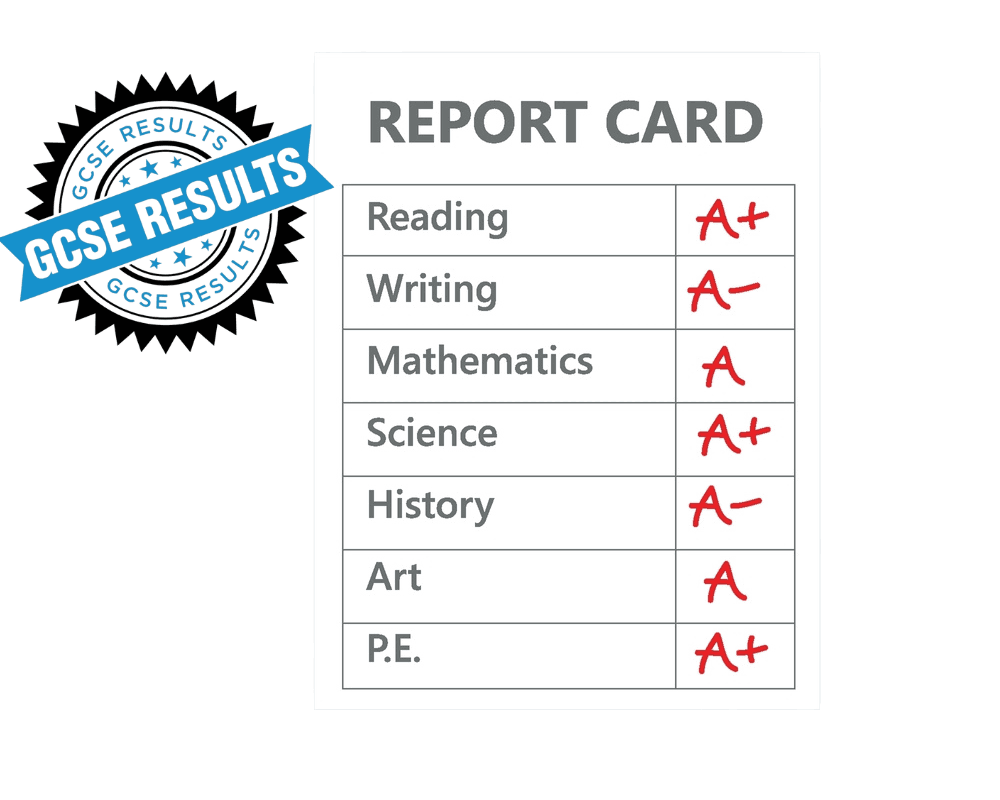If you’re a pre-dental student in the U.S., you already know how stressful it is trying to figure out whether your GPA and DAT scores are good enough for dental school. Instead of guessing or endlessly comparing stats on forums, why not use a tool that does the math for you?
Introducing the Dental School GPA & DAT Score Predictor — a simple, free, and fast way to check how your academic profile stacks up against U.S. dental school standards.
What Is the DAT Score Predictor?
The DAT calculator is a web-based tool designed to give you a rough estimate of your dental school chances. By entering your undergrad GPA and DAT score, you’ll instantly see:
- How competitive your scores are
- Whether you fall into an average, competitive, or top-tier range
- Insight on whether you should improve your scores or move forward with your application
It’s the perfect tool for early planning or final decision-making before hitting “submit.”
Why Use a DAT Score Calculator?
Let’s be real—dental school admissions are super competitive. While some schools publish average scores, many don’t make it easy to understand what range you need to be in. This calculator saves time by:
- Giving quick feedback
- Helping you build a school list based on your actual numbers
- Helping you decide if you need to retake the DAT
- Avoiding costly mistakes or missed opportunities
Instead of searching for “what’s a good DAT score for dental school,” plug in your numbers and get your answer in seconds.
👉 Try it now: Dental Admission Test Calculator
What’s Considered a Good DAT Score?
Here’s a basic breakdown to understand where your score might fall:
- 17–18: Below average (may need improvement)
- 19–20: Competitive for some schools
- 21–22: Strong scores for most programs
- 23+: Excellent; competitive for top schools like Harvard, UCSF, and UPenn
And don’t forget, GPA matters too. Most dental schools expect a science GPA above 3.3, but some programs may have a bit of flexibility if your DAT score is outstanding.
Who Should Use This Calculator?
This tool is made for:
- College students planning a pre-dental track
- Graduates getting ready to apply
- Reapplicants who need to reassess their strategy
- Advisors or mentors who want to help students quickly gauge competitiveness
If you’re planning to apply for the next cycle (2025-2026 or beyond), now is the time to use it!
Pro Tip: How to Use the Results
After using the DAT & GPA calculator, consider the following next steps:
- If your score is below average, give yourself time to prep and retake the DAT.
- If your GPA is solid but your DAT is low, focus on DAT prep with full-length practice exams.
- If both are strong, start researching schools that align with your strengths and career goals.
Remember, stats are just one part of your application, but they’re a big deal—especially early in the review process.
Related Questions About DAT Scores
What’s the average DAT score in the U.S.?
The average DAT score nationwide is typically around 17 to 18. This varies slightly from year to year, but anything above 20 is considered above average and puts you in a stronger position for most U.S. dental schools.
How do I know if my GPA is too low for dental school?
Most dental schools prefer a science GPA of at least 3.3. However, some schools may consider applicants with lower GPAs if they have exceptional DAT scores, strong letters of recommendation, or clinical experience. If your GPA is under 3.0, it’s worth considering a post-baccalaureate or master’s program to boost your academic record.
Should I retake the DAT if I scored an 18?
It depends on your target schools. An 18 is slightly below average and may not be competitive enough for many programs—especially if your GPA is also low. If you’re applying to selective schools or aiming for scholarships, retaking the DAT and targeting a 21 or higher can improve your chances significantly.
Can a high DAT score offset a low GPA?
Yes, to some extent. A very high DAT score (22–25+) can definitely help balance out a lower GPA, especially if your science grades are weak. Admissions committees often look at the DAT as a predictor of how you’ll handle the academic load in dental school. However, a solid personal statement and strong extracurriculars will also be important in this case.
🔗 Use It Now – It’s Free
Don’t leave your future to guesswork. The DAT Score Calculator helps you make informed decisions in seconds.
Whether you’re planning to apply this year or just exploring your options, this tool gives you clarity—and that’s something every pre-dental student needs.




